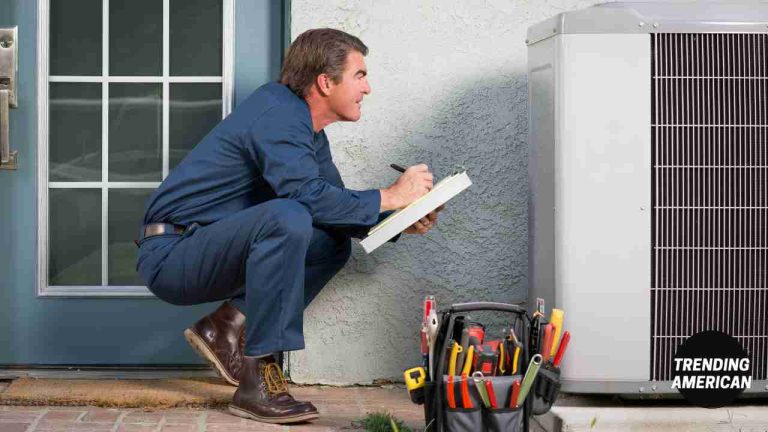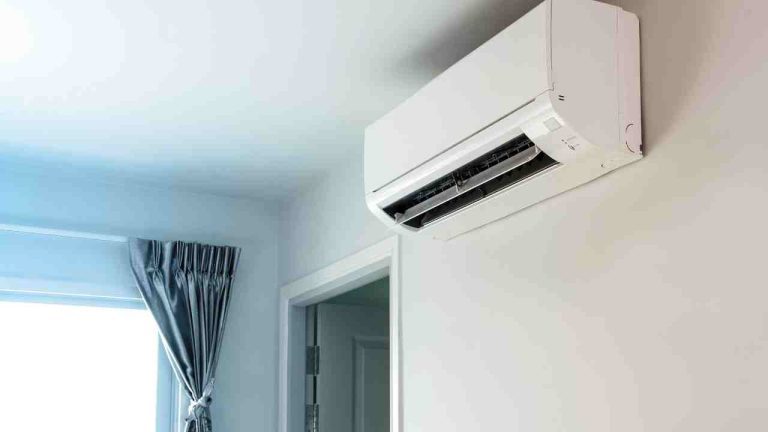Signs It’s Time to Upgrade Your Heating and Cooling System
The foundation of interior comfort in your house is your heating and cooling system, which keeps you cool in the summer and toasty in the winter. But it has a lifespan, just like any mechanical system, and eventually, an upgrade makes financial sense.
This article will explore the signs indicating that it might be time to upgrade your heating and cooling system for improved efficiency, cost savings, and overall comfort.
1. Age of the System
Your heating and air conditioning system’s age is one of the main clues that it could be time for an upgrade. The typical lifespan of an HVAC system is 15 to 20 years. Your system is probably not performing as well as more recent models if it is getting close to or has passed this time limit. You may significantly save energy costs by switching to a more contemporary, energy-efficient system.
2. Rising Energy Bills
Pay special attention to your energy costs. An ongoing rise in your heating and cooling expenses may indicate that your system isn’t working as well as it should. Modern HVAC systems use cutting-edge technology to function better and use less energy. Long-term rising energy costs can be avoided by switching to a more energy-efficient model.
3. Frequent Repairs
Purchasing a new Russell’s Heating and Cooling system can be more economical if you frequently find yourself needing repairs. Over time, more problems will likely arise with an aged system, and the total cost of repeated repairs can soon mount up. Upgrading to a more recent system lowers the need for ongoing repairs and offers dependability and peace of mind.
4. Inconsistent Heating or Cooling
Suppose certain rooms feel noticeably warmer or colder than others. In that case, your home may have an inefficient system, or you must change the thermostat to stay comfortable continuously. Modern HVAC systems provide better zoning capabilities, giving users more control over the temperature of each specific room. With an upgrade, you can get more uniform and consistent heating and cooling throughout your house.
5. Strange Noises or Odors
Your heating and cooling system may have problems if it makes strange noises or smells bad. While some issues can be fixed, ongoing issues might require an upgrade. Modern systems are made to run more silently and with fewer smells, which makes living spaces cozier and more pleasurable.
6. Outdated Technology
Improved control features, smart home integration, and increased energy efficiency are the outcomes of technological developments in HVAC systems. If your system isn’t equipped with these contemporary features, an update can keep your house current. Comfort and energy savings can be achieved using energy-efficient compressors, programmable settings, and smart thermostats.
7. Poor Indoor Air Quality
Your HVAC system may be to blame if you’ve experienced a decrease in indoor air quality, such as an increase in dust, allergens, or respiratory problems. It may be difficult for older systems to filter and circulate air efficiently. Investing in a system with enhanced filtration capabilities can help create a healthier environment by improving indoor air quality.
8. Environmental Considerations
As environmental consciousness rises, an increasing number of households are thinking about how their heating and cooling systems affect the environment. Environmentally hazardous refrigerants may be used in older systems. By switching to a more eco-friendly system and eco-friendly refrigerants, you may lessen your carbon impact and support sustainability initiatives.
9. Home Renovations or Additions
Your current HVAC system might not be sufficient if you intend to add extra living space or carry out major house improvements. Investing in a system that can handle the higher demand will guarantee that your house stays cozy and energy-efficient despite structural or dimensional changes.
10. Manufacturer Rebates and Incentives
If you want to upgrade your heating and cooling system, watch for utility incentives, tax credits, or manufacturer rebates. By lowering energy usage, these financial incentives can lower the initial outlay and result in long-term savings.
Elevating Comfort and Efficiency – The Wise Investment of HVAC System Upgrades
It’s important to consider several aspects when upgrading your heating and cooling system, such as age, efficiency, and overall performance.
Suppose you notice more than one of the symptoms listed in this article. In that case, it’s a good idea to speak with HVAC experts so they can evaluate your system and discuss possible upgrades. Purchasing a brand-new, energy-efficient system is an excellent way to improve comfort while promoting environmental sustainability and long-term cost savings.
Think of it as an investment in your house’s health and the comfort of its occupants.



